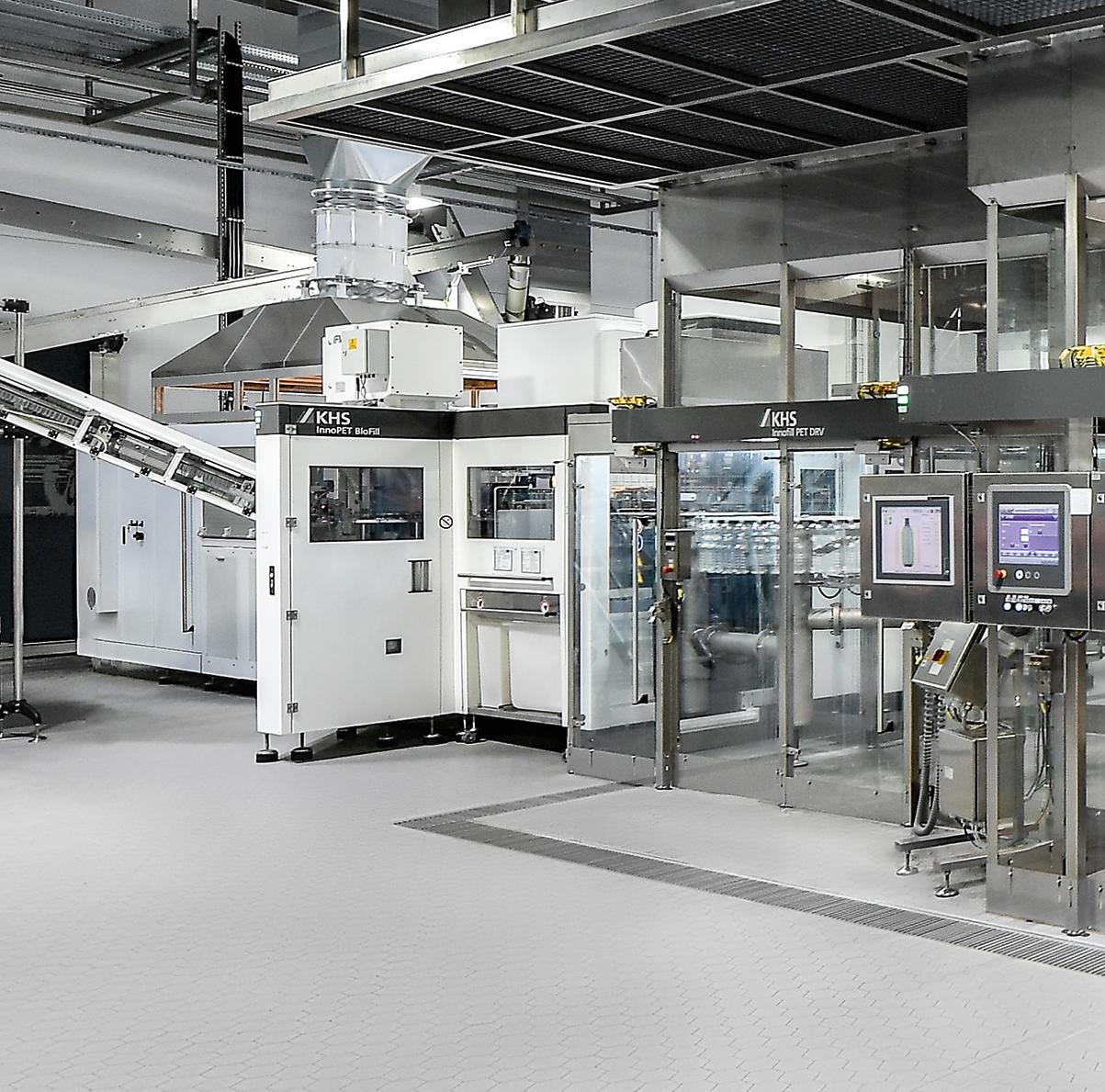MARKET TRENDS: REVIEW OF 2020
segment accounting for over 10% of the total beer/FMB/ cider up from the previous year’s 4.4%. As sales skyrocketed, companies from Molson Coors to Anheuser-Busch InBev SA launched their own hard seltzer brands in 2020 with the hope of tapping into a fastgrowing trend. Market research firms now project that the hard seltzer market is expected to grow at a CAGR of 16.7% between 2020 and 2027 and will be worth US$14.7 billion at the end of the forecast period. The hard seltzer wind continues to blow, with Africa not remaining behind. In South Africa, Distell and AB InBev launched their hard seltzer brands in early 2021 to take advantage of consumer interest in the category. In response to demand for low alcohol drinks, beer manufacturers also refocused their attention to their zero alcohol brands. Heineken accelerated distribution of its Heineken 0.0 while Guinness launched its own zero alcohol variant to keep up with consumer demand. For Heineken, its 0.0 variant grew double digits for the 9 months ending September 2020, at a time when the company’s volume across all products declined by 12.3 per cent. SUSTAINABILITY DRIVES INNOVATIONS IN FOOD PROCESSING AND PACKAGING In 2020, most notable food innovations were around sustainability. Companies, hard pressed to meet their sustainability goals, developed new foods, processing technologies, and embraced new packaging to reduce their carbon footprint. Nestle, for instance, expanded its regenerative agriculture practices to more countries across the globe in line with its 2050 net zero carbon goal, while Coca-Cola committed to collect and recycle a bottle or can for every bottle they sell by 2030. Plant-based proteins as a sustainable alternative to animal protein also became popular with companies such as Impossible Foods, Nestle, and Beyond meat all launching plant-based alternatives to beef, chicken, and pork. Quick service restaurant McDonald also joined the plant-based movement with its McPlant, a plant-based alternative to its chicken and beef burgers. It was later followed by KFC, which also launched its own plant-based chicken substitute. In 2020, Singapore hit the headlines by becoming the first country to approve consumption of labgrown meat. Sustainable packaging as a trend also increased in popularity in 2020. A number of new sustainable packages including paper-based bottles, aluminium cans, bioplastics, and recycled plastics gained prominence, with food manufactures opting to use them as alternatives to plastics. Paper based bottles were arguably the most notable innovation of 2020, with major beverage companies such as Diageo, Coca-Cola, and Pernod Ricard all unveiling prototypes for their flagship brands. Demand for aluminium cans also, for the first time,
74
MARCH/APRIL 2021 | FOOD BUSINESS AFRICA
exceeded supply as consumers preferred them as convenient and sustainable option to both glass and plastic. The demand for aluminium cans was so profound that Coca-Cola North America made a decision to distribute its Dasani water in aluminium cans as plastic was no longer popular. EXPANSION OF PET FOOD MARKET Another unprecedented trend in the food industry was the rapid expansion of the pet food market in 2020. This rapid expansion is attributed to an increase in pet ownership in 2020. A report by Market Research revealed that in the U.S., 12% of adults with children under the age of 18 adopted pets because of the pandemic. Additionally, 10% of cat owners and 9% of dog owners in the United States said they adopted a pet because of COVID-19 implications. To address increased demand for pet food, Nestlé invested over US$1 billion in expansion of existing pet facilities and HOME COOKING, DEMAND FOR HEALTHIER PRODUCTS AND INCREASED DEVELOPMENT OF SUSTAINABLE FOODS AND PACKAGES ARE SOME OF THE TRENDS THAT ARE EXPECTED TO CONTINUE STAYING WITH US IN THE FUTURE.
in the build-up of new ones. As pet humanization took hold, quality ingredients also became of utmost importance. Manufacturers, in response, devoted their resources for the development of high protein and low carbohydrate diets. Some of the products were even specially formulated to clean teeth while being consumed. 2020 TRENDS TO STICK 2020 was indeed a year of radical behaviour change. From a spike in at home consumption to demand for nostalgic food products, consumers were on a new journey. As we progress with 2021, analysts believe that some of the trends that gathered momentum in 2020 will slowly fade away. Demand for nostalgic brands is one of the trends projected to fall out of fashion as normalcy returns. In its financial report, Kraft Heinz, which was a major beneficiary of nostalgic brands, said it expected flat to positive organic net sales despite a strong performance in 2020. Other trends which gathered pace in 2020 are definitely going to stick around for some time. Home cooking, demand for healthier products and increased development of sustainable foods and packages are some of the trends that are expected to continue staying with us in the future.
FOODBUSINESSAFRICA.COM







